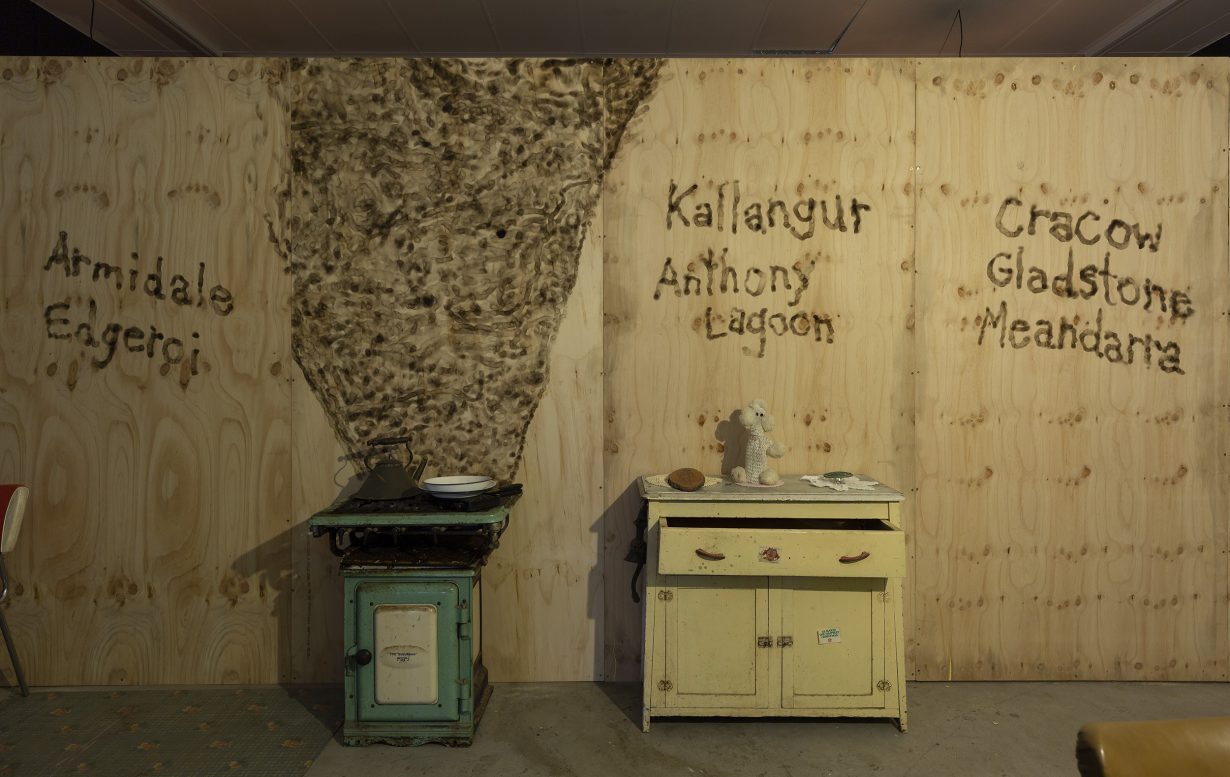Queensland-based, First Nation artist known for his large-scale installations that reveal the tensions between personal and official histories of Australia’s colonial past

Queensland-based, First Nation artist Archie Moore has been selected to represent Australia at the Venice Biennale. Born in 1970, three years after the 1967 Australian Aboriginals Referendum – which gave constitutional citizenship rights to Indigenous people – Moore is known for his large-scale installations that reveal the tensions between personal and official histories of Australia’s colonial past as well as issues of identities, intercultural understanding and racism.
Memory stands as a recurrent theme in Moore’s works. His most recent solo exhibition Dwelling (Victorian Issue) (2022) at Melbourne’s Gertrude Contemporary calls upon visual, auditory, haptic and olfactory experiences to recreate his childhood home. ‘I have tried to place the viewer into my shoes, to experience my experience,’ Moore said in an interview, but ‘it is impossible to know if another has the same experience as you – and this is a kind of metaphor for the failure of reconciliation…and the failure of others to understand me’. Such concerns with family history and memory will continue to be the theme for his Biennale showcase.

Moore’s work was also shown in recent group exhibition Embodied Knowledge: Queensland Contemporary Art, whose co-curator Ellie Buttrose will direct the Australia pavilion. ‘Archie is singular in his ability to engage audiences on an emotional level through memories and familial stories in artworks that stimulate discussion about how we bear the responsibility for social change,’ she said in a statement.
Moore is the second solo Indigenous artist to represent Australia at the Venice Biennale, after Tracey Moffatt, who did so in 2017. The selection was made through an open call for proposals.